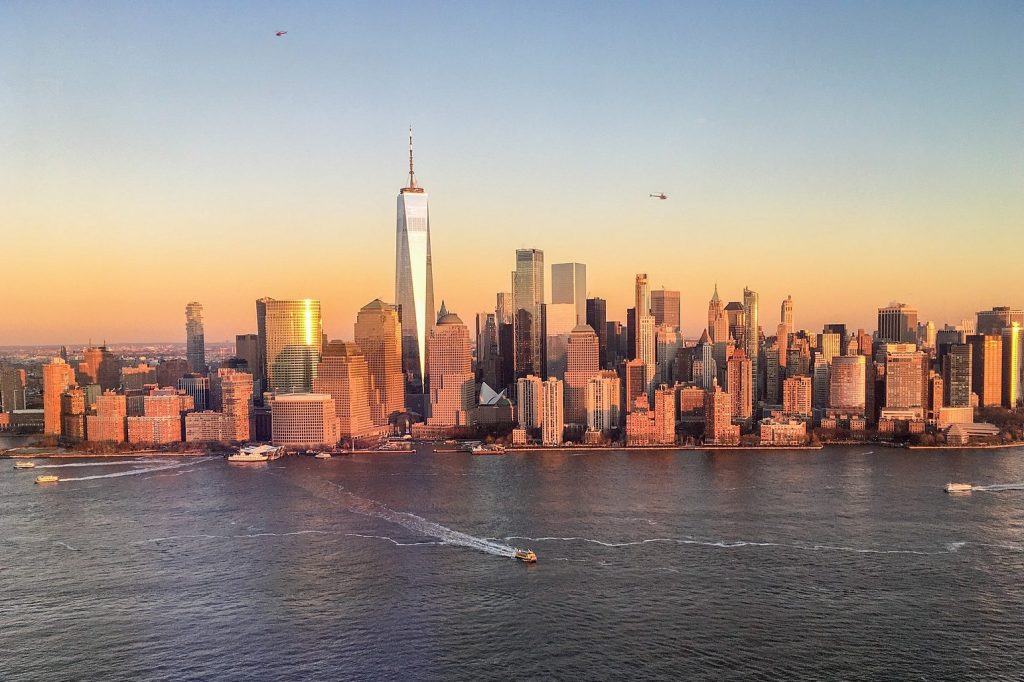Skift Take
Bad hotel loans in the United States in July reached record levels, 23.4 percent, but it could get worse if the coronavirus pandemic and its laissez faire enablers persist.
If you needed any reassurance about the wisdom of hotel chains’ asset-light strategies to dodge unnecessary risk, then just consider the record level of bad hotel loans in the United States in July.
The percentage of commercial mortgage-backed securities loans to U.S. hotel property owners that were 30 or more days past due in July was 23.4 percent, and that’s compared with just 1.34 percent pre-pandemic in December 2019.
The 23.4 percent mark for July was “the highest percentage on record,” according to Trepp’s Historical CNBS Report: An Update on Hotel Commercial Real Estate.
The delinquent loan dollar volume, $20.6 billion, for these hotels in July far outweighed the highest level during the financial crisis of 2007 to 2009 of $13.5 billion, the report found. In comparison, in December 2019, just $1.15 billion of commercial mortgage-backed securities hotel loans was 30 or more days overdue.
The geographies with the highest percentage of delinquent hotel loans in July were the Houston area (66.18 percent); Chicago (53.84 percent); New York (38.72 percent); Seattle (36.14 percent), and Austin, Texas (35.73 percent).
In avoiding owning the bulk of properties under their flags, hotel chains like Marriott and Hilton circumvent a lot of risk that property owners are subject to. But the chains still feel some of the impact when property owners default on loans or otherwise go out of business.
For example, in the second quarter, Marriott International saw its base and management fees fall 73 percent to $222 million year-over-year.
The chains may be asset light, but they are still very much asset dependent.
Have a confidential tip for Skift? Get in touch
Tags: asset-light, bankruptcies, fees, loans, marriott
Photo credit: The roughly 23 percent of hotel mortgages in default in the United States in July set a record, but it could get worse if the coronavirus pandemic and its laissez faire enablers insist on hanging around. Fred Hsu / Wikimedia
